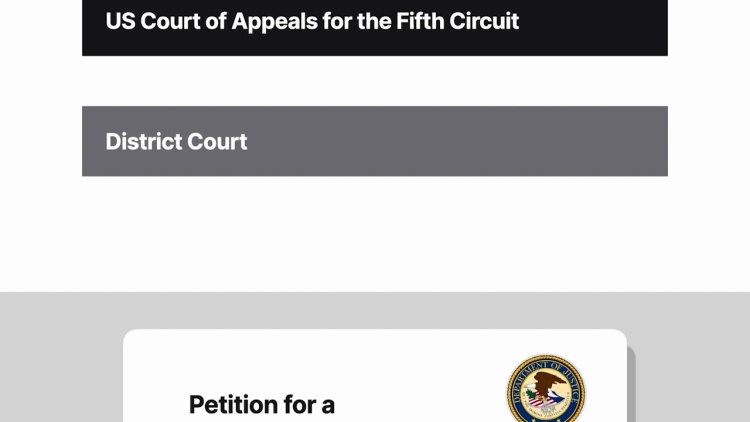Case Concerning Avena and Other Mexican Nationals (Mexico v. United States of America)
International Court of Justice
2004 I.C.J. 12 (2004)
- Written by Samantha Arena, JD
Facts
The United States, Mexico, and many other countries are parties to the 1963 Vienna Convention on Consular Relations (the Convention), 596 U.N.T.S. 261, which guarantees to foreign nationals the right upon arrest to contact their consulate and to have consular officials informed of the arrest. Jose Ernesto Medellin, a Mexican national, was involved in the rape and murder of two Texan girls and was later arrested by Texas police. Medellin was not informed of his rights under the Convention when arrested, and was later convicted of capital murder and sentenced to death. Medellin appealed but did not raise a claim based on the purported rights violations, and his conviction was affirmed. Medellin later filed a state habeas-corpus petition, this time raising a claim based on violations of the Convention. However, Medellin’s petition was rejected on the grounds that the claim had been waived. Medellin then filed a federal habeas petition, raising the same issue. In January 2003, while the petition was pending, Mexico (plaintiff) filed suit against the United States (defendant) for violations of the Convention in Medellin’s case, as well as the cases of 53 other Mexican nationals who had received death sentences in the United States. Mexico’s requested relief included (1) the overturning of all convictions and sentences and (2) provisional measures effectively staying any executions of Mexican nationals until the court issued its final decision.
Rule of Law
Issue
Holding and Reasoning ()
What to do next…
Here's why 905,000 law students have relied on our case briefs:
- Written by law professors and practitioners, not other law students. 47,100 briefs, keyed to 995 casebooks. Top-notch customer support.
- The right amount of information, includes the facts, issues, rule of law, holding and reasoning, and any concurrences and dissents.
- Access in your classes, works on your mobile and tablet. Massive library of related video lessons and high quality multiple-choice questions.
- Easy to use, uniform format for every case brief. Written in plain English, not in legalese. Our briefs summarize and simplify; they don’t just repeat the court’s language.





